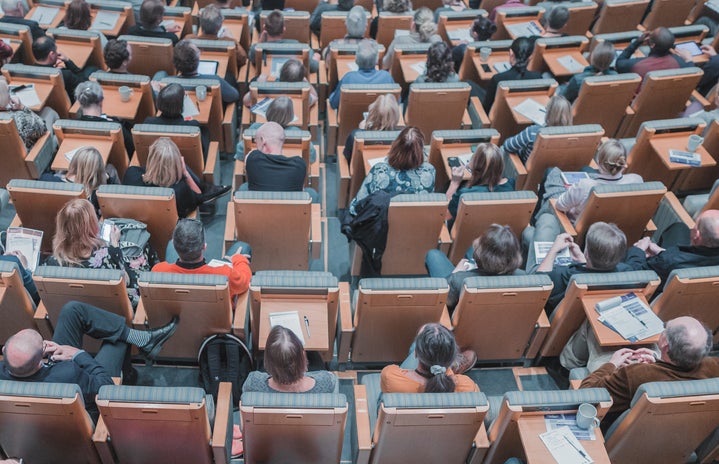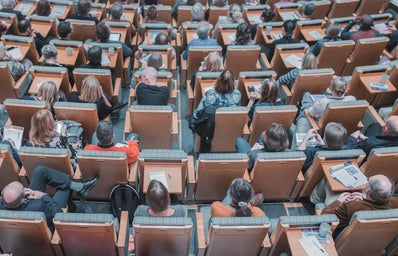My takeaways from an important class about relationships and sexual violence
Based on my experiences and by taking psych 311, I’ve found validity in speaking with others about some of the things I’ve been through. I now advocate and educate on the importance of contributing to sexual violence prevention. I’ve learned how intensive the underfunding and marginalization are in regard to relationship violence in college, military, and incarcerated populations, which are often disregarded completely.
Something that people forget is that individuals deal with relationship violence in a vast number of ways, and no two cases look alike. Police intervention is often unsuccessful, so it’s important to find other sources of support and educate others with the intention of one day reaching justice. Specifically, at the University of Wisconsin-Madison, there are wonderful resources that are offered on campus for survivors. Through advocacy activities that we were encouraged to participate in throughout the semester, it was impactful to provide feedback on some of the resources offered, help fellow students complete their projects based on my experiences, and listen to other survivors’ stories. These actions welcome those who need support by creating a sense of community.
One theme from the course readings that aided my engagement throughout the semester is sexual and relationship violence among college students. This was important to me because this was something that I related to, and The Hunting Ground did a good job of showing what survivors realistically go through when sharing their stories in college. In the film, Annie and Andrea create a support system centered around student-led activism, which is ultimately the only thing that makes a change. Going to the police, administrators, the Department of Education, and even hospitals was of no help. Knowing this makes it extremely difficult for anyone to come out if they have experienced any kind of sexual violence.
Another theme from the readings was the importance of sexual consent. This concept is fundamental in relationships, yet for some, it’s challenging to understand, especially in the college setting. Individuals who are consuming alcohol are perceived as more sexually interested and available than those who are not consuming alcohol. This leads to sexual assault, with the argument that “it seemed like they wanted it”. This is where the real problem lies. Consent needs to be explicitly asked for, even if it isn’t ‘sexy’ or it’s ‘ruining the moment’. I see this all the time at school, and through the knowledge I’ve gained from readings and class, I can honestly say I feel more empowered to step in and make sure that everyone is comfortable. Although it may be awkward, I’ve learned that it’s better to be safe than sorry, and just stepping in can really save someone.
Over the course of the semester, I’ve learned how paramount advocacy for sexual/relationship violence is. There are so many different ways this can be seen, and advocacy in any form creates the backbone to support survivors and get closer to ending violence in their lives. Eliminating victim-blaming, specifically in this part of my life, is my main goal as I finish my bachelor’s degree – this is something I see way too much at UW Madison and I feel empowered to do as much as I can to put a stop to it. If you get the chance to take this class, I would 100% recommend it.


